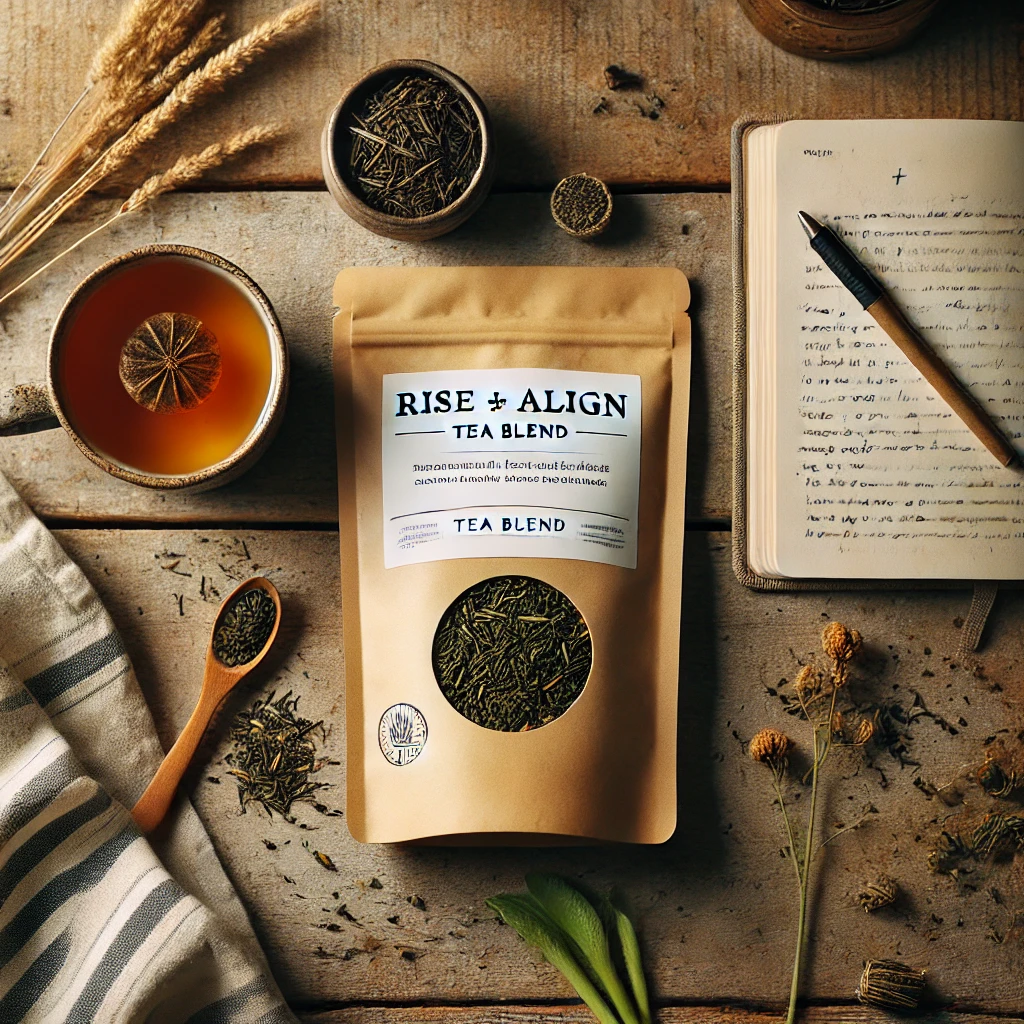Natural Skincare: 6 Powerful Ingredients
In the world of skincare, natural ingredients have gained immense popularity due to their ability to nourish, repair, and rejuvenate the skin without the harsh chemicals often found in commercial products. Bentonite clay, green tea, licorice root, turmeric, rose hip, and activated charcoal are all powerful ingredients with long histories of use in traditional beauty practices. Each has unique benefits for the skin, and when used correctly, they can be incredibly effective in a skincare routine.
1. Bentonite Clay: Detox and Deep Cleansing
Bentonite clay, a natural volcanic ash clay, is renowned for its detoxifying properties. When applied to the skin, it draws out impurities, excess oil, and toxins from the pores, making it an excellent ingredient for those with oily or acne-prone skin. Its absorbent nature helps to clear blocked pores and reduce the risk of breakouts.
Best Method of Use:
To create a clay mask, mix bentonite clay with water or apple cider vinegar to form a thick paste. Apply this paste evenly to the face, leaving it on for 10-15 minutes until it dries. Be cautious not to leave it on too long, as it can over-dry the skin. Rinse off with lukewarm water, followed by a moisturizer to lock in hydration. Use this mask once or twice a week for optimal results.
2. Green Tea: Antioxidant-Rich Skin Soother
Green tea is packed with antioxidants, particularly catechins, which help fight free radicals and reduce the signs of aging. It also has anti-inflammatory properties, making it beneficial for calming irritated or inflamed skin, such as with acne or rosacea. Green tea can also minimize the appearance of pores and control oil production, which is excellent for those with combination or oily skin.
Best Method of Use:
Green tea can be used in a variety of ways. To create a soothing toner, steep a green tea bag in hot water and let it cool. Use a cotton pad to apply the cooled tea to the skin or pour it into a spray bottle for a refreshing mist throughout the day. Alternatively, you can incorporate it into face masks by mixing it with ingredients like honey or aloe vera for added soothing effects.
3. Licorice Root: Skin Brightening and Even Tone
Licorice root is widely celebrated in skincare for its skin-brightening properties. It contains glabridin, a compound that inhibits the production of melanin, the pigment responsible for dark spots and hyperpigmentation. Regular use of licorice root can help even out skin tone, lighten dark spots, and reduce the appearance of blemishes and under-eye circles.
Best Method of Use:
Licorice root extract can be found in many commercial serums and creams, or it can be used in its powdered form. To make a DIY face mask, combine licorice root powder with a hydrating ingredient like yogurt or honey to form a paste. Apply it to the skin and leave it on for 10-15 minutes before rinsing. For dark circles, licorice root extract can be gently applied to the under-eye area for brightening effects.
4. Turmeric: Anti-Inflammatory and Radiance Boosting
Turmeric, often used in Ayurvedic and traditional skincare, is renowned for its anti-inflammatory and antibacterial properties. It contains curcumin, a potent compound that helps calm redness, reduce puffiness, and brighten the complexion. Turmeric is especially beneficial for those with sensitive skin, acne, or hyperpigmentation.
Best Method of Use:
To create a turmeric face mask, mix turmeric powder with yogurt, honey, or aloe vera to form a smooth paste. Apply it to the face for about 10-15 minutes but be cautious as turmeric can stain the skin and fabric. For a lighter application, try mixing turmeric with green tea or rose water. If you have sensitive skin, start with a patch test to ensure there is no irritation.
5. Rose Hip: Regeneration and Hydration
Rose hip oil, extracted from the seeds of wild rose bushes, is a highly effective anti-aging and hydrating ingredient. It is rich in essential fatty acids and antioxidants like vitamins A and C, which help promote collagen production, reduce fine lines, and enhance the skin’s overall texture. Rose hip oil is also known to aid in the healing of scars, stretch marks, and sun damage.
Best Method of Use:
Rose hip oil can be used daily as a facial serum or moisturizer. Apply a few drops of rose hip oil to your fingertips and gently massage it into clean, dry skin, focusing on areas that need extra attention, such as fine lines or scars. You can also mix it with other oils or creams for added hydration.
6. Activated Charcoal: Deep Cleansing and Detoxifying
Activated charcoal is a powerful ingredient known for its ability to draw out impurities, dirt, and toxins from the skin. It has a porous structure that acts like a magnet, binding to and removing pollutants, which makes it highly effective in detoxifying the skin. Activated charcoal is particularly useful for those with oily skin or blackheads, as it helps absorb excess oil and deep cleanse pores.
Best Method of Use:
Activated charcoal can be used in your skincare routine as a face mask by mixing the powder with water, aloe vera gel, or honey to create a smooth paste. Apply the mask evenly to the face, leave it on for 10-15 minutes, and rinse off with warm water. Activated charcoal can also be used in cleansers or scrubs, gently exfoliating and detoxifying the skin with regular use.
Conclusion
Incorporating natural ingredients like bentonite clay, green tea, licorice root, turmeric, rose hip, and activated charcoal into your skincare routine offers numerous benefits, from detoxification and deep cleansing to skin brightening and anti-aging effects. The best way to use each ingredient depends on your skin type and specific skincare needs, but generally, these ingredients are safe and effective when applied topically. Whether in face masks, serums, or toners, these natural ingredients are powerful allies in achieving healthy, glowing skin. As with any new product, always perform a patch test before use to ensure compatibility with your skin type.


